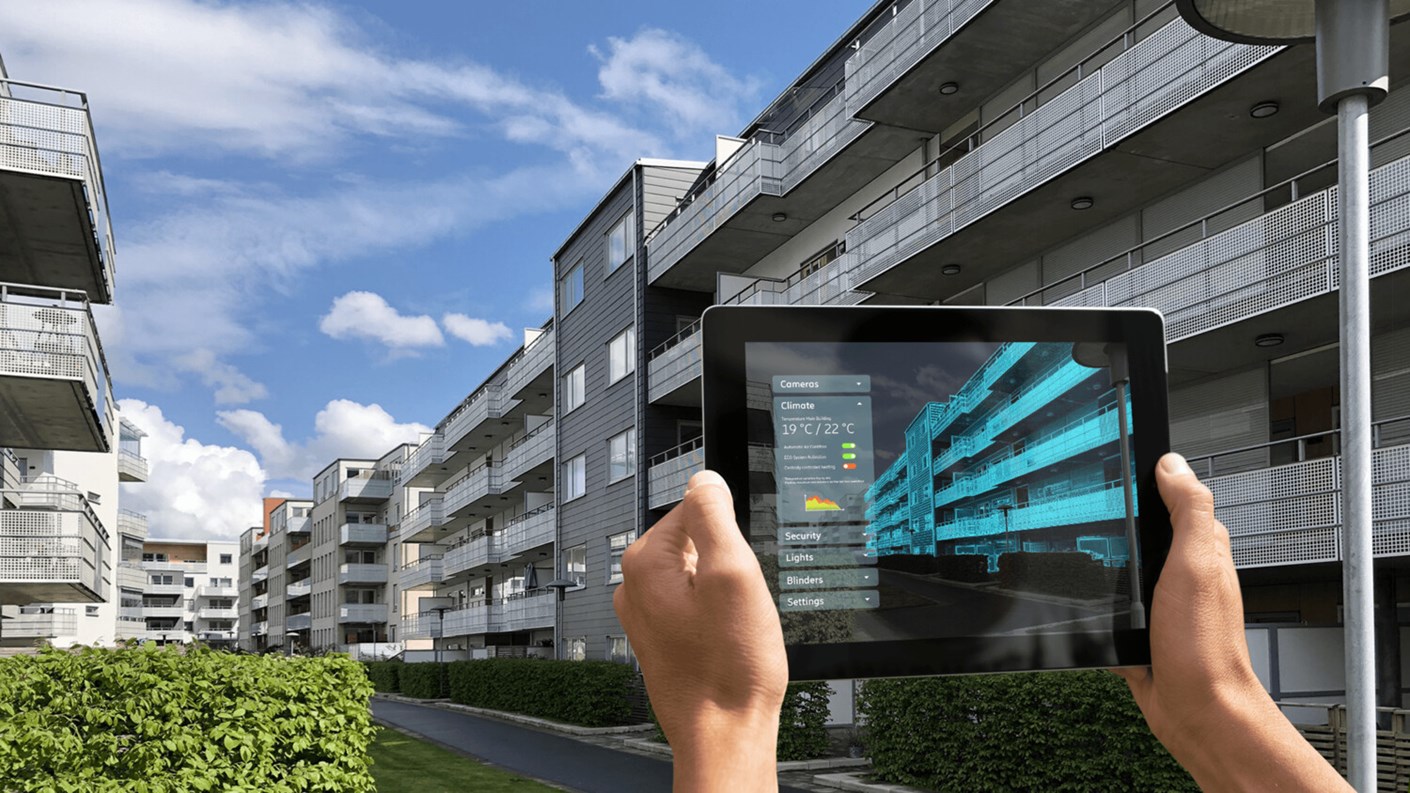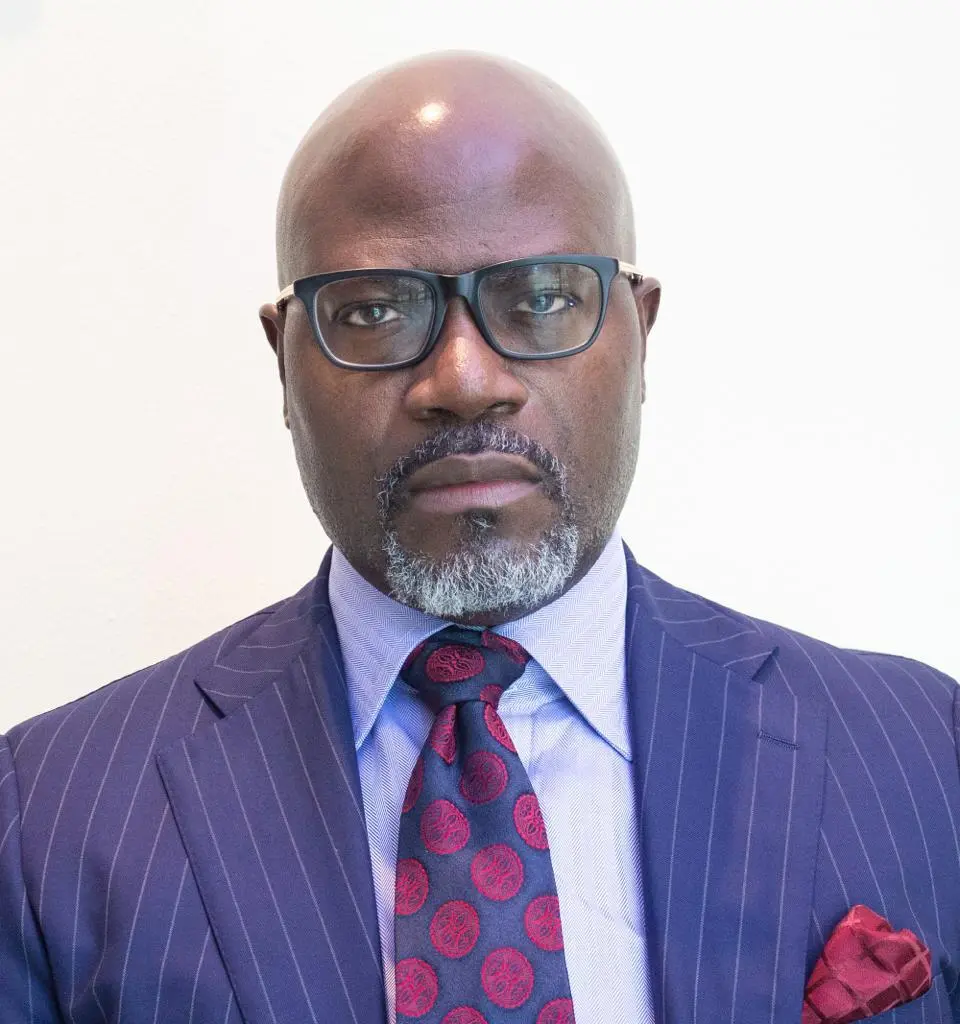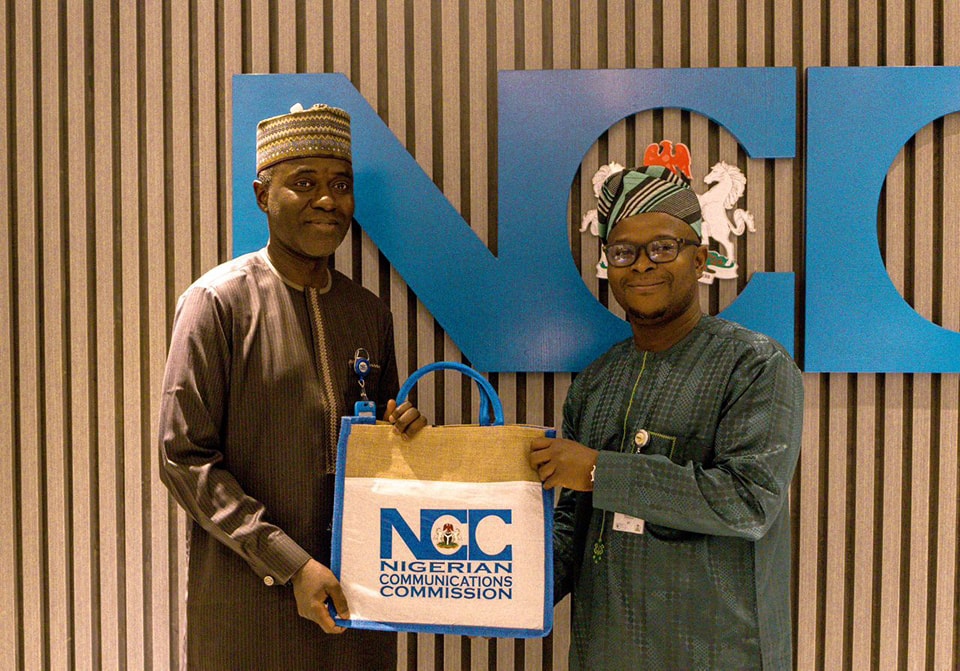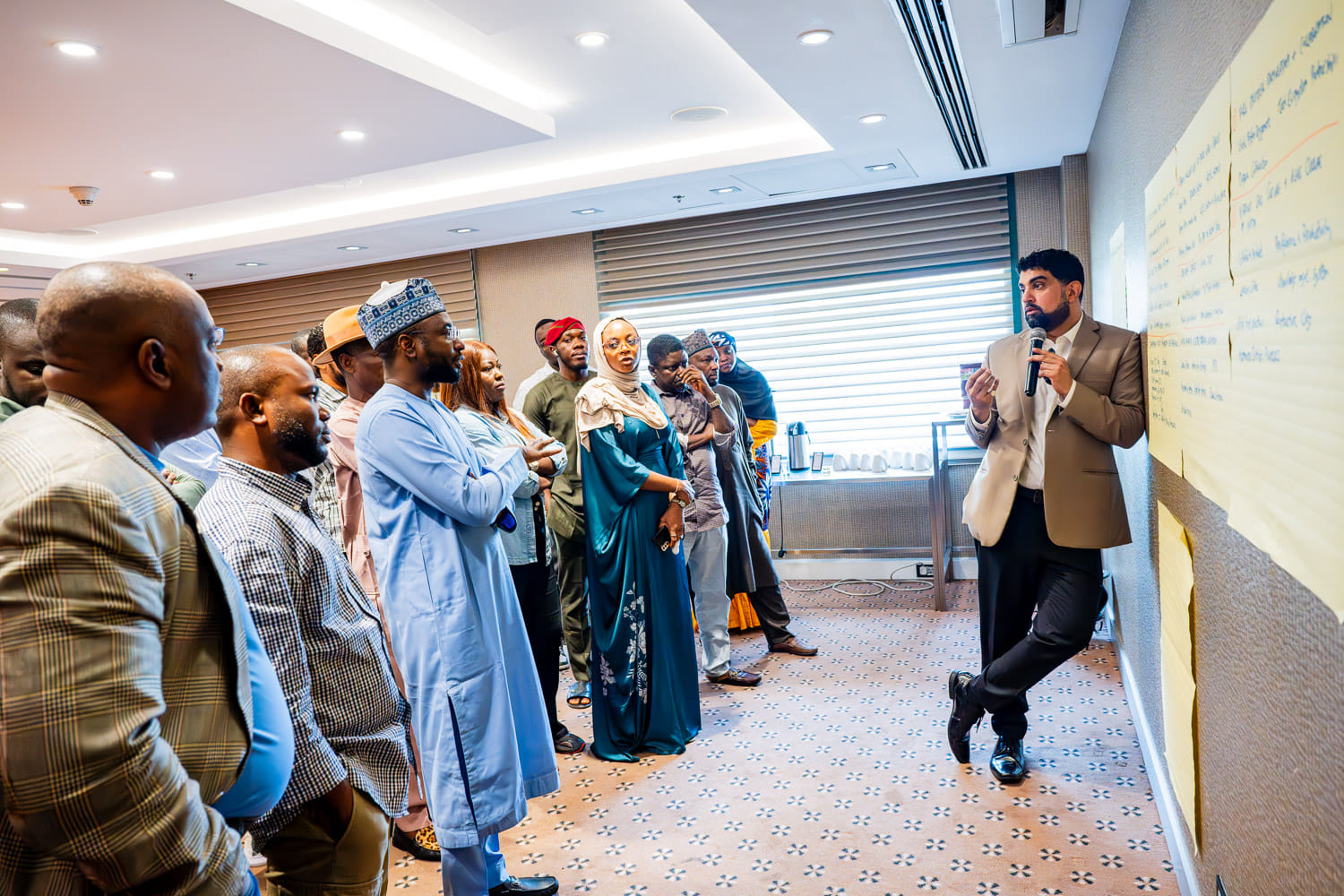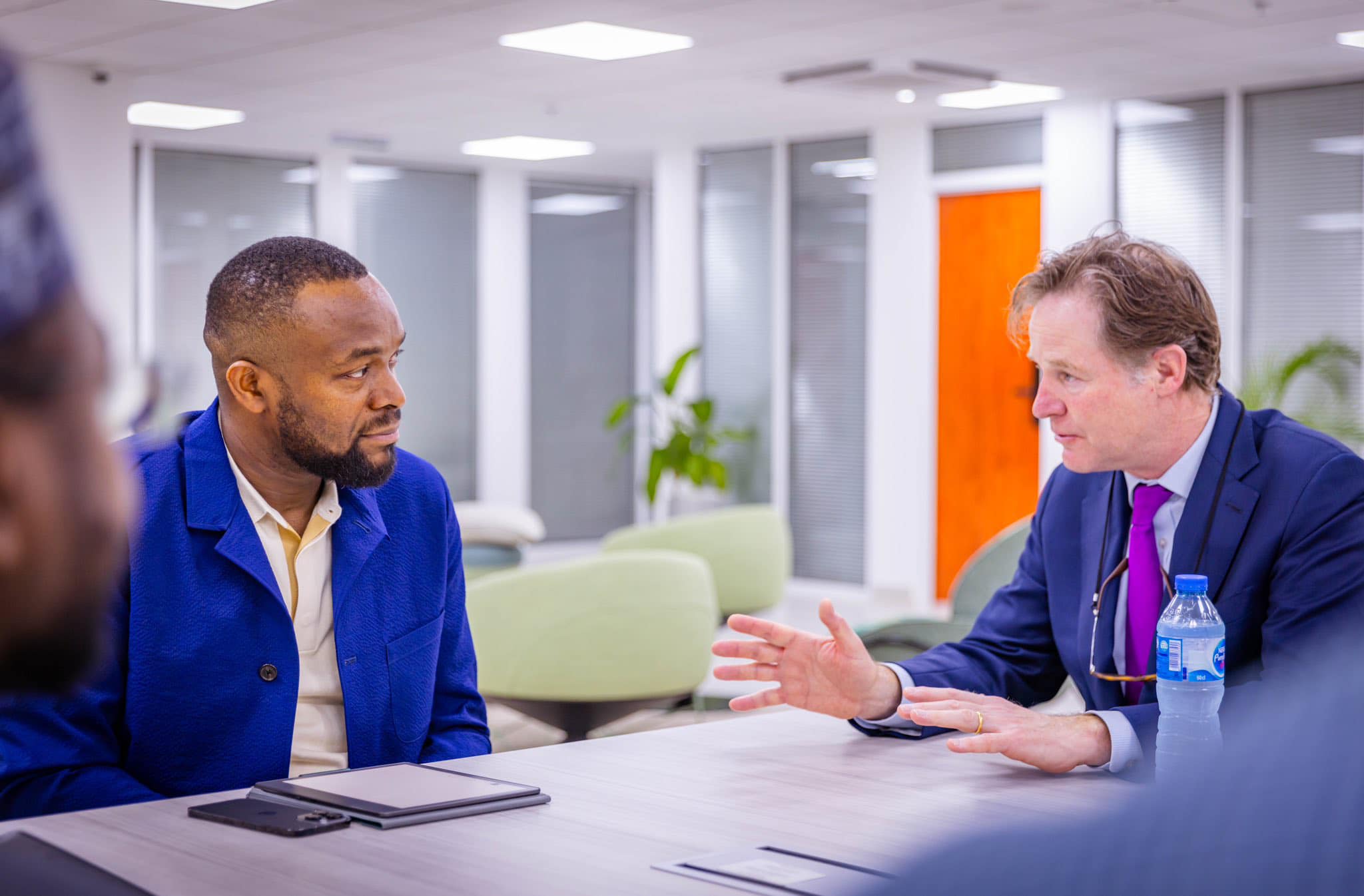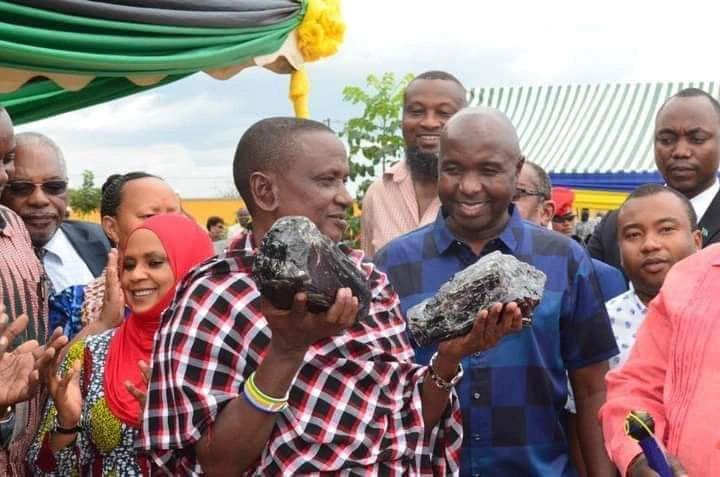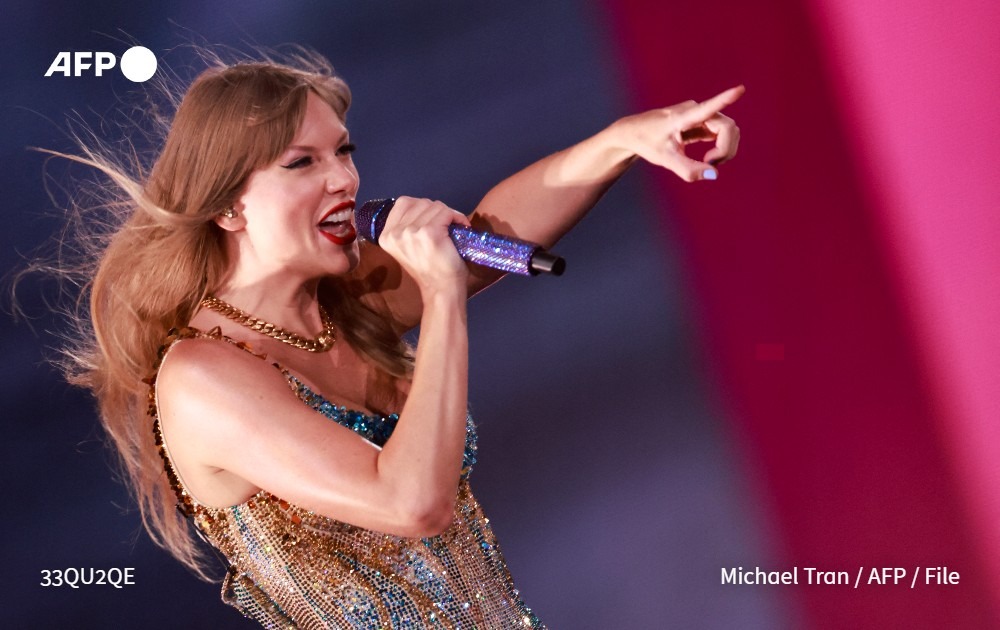As we edge closer to Industry 4.0, nowhere in the world will you find the same pace or scale of change as here in Africa.
Today, 850 million people across Africa and the Middle East are connected to mobile broadband. In just five years’ time, this number will almost double, according to the latest Ericsson Mobility Report. The impact of this will be far reaching.
It will also accelerate an exponential demand for data. By 2024, mobile data traffic in the region will rise by up to a third year-on-year – by far the highest growth rate worldwide according to the Ericsson Mobility Report.
Africa isn’t just playing catch up. There is a real buzz here about the extent to which connectivity can impact the continent’s sustainability efforts.
The development of LTE and 5G digital infrastructure is an integral part of Africa’s growing economy and has proved to be an essential driver of an inclusive information society that integrates digitization in all critical aspects of life, such as education, transport, health, energy and even homeland security.
All of this, of course, carries significant potential to contribute to the UN’s Sustainable Development Goals (SDGs) in Africa.

Connectivity is a critical enabler of social and economic change. Its dynamism constantly offers us new ways to overcome both global and regional development challenges. If leveraged for good, the introduction of 5G and expansion of LTE networks across Africa can accelerate this process exponentially.
As we continue toward a more urbanized world and the impacts of climate change grow progressively dire, the need for sustainable technologies which support the SDGs will become truly paramount. It’s still early, but the use cases which we have been deploying across the continent are already delivering on their potential.
Below, let me take you on a short tour of some of the ways we’re connecting Africa for the better.
- Mixed Reality for Urban Design (SDG 11: Sustainable cities and communities)
Together with UN-Habitat, we are explored visualization technologies that have the potential to revolutionize how we approach urban design. This new visually realistic blending of reality with virtual imagination can create a more intuitive space for planners, architects, residents and other stakeholders to viscerally experience and re-imagine future environments. Architectural sketches and designs can be made more legible and accessible, thus pulling users into the process of design and strengthening the long-term viability and buy-in of urban projects.
This innovation was piloted by UN-Habitat and Ericsson in Johannesburg, South Africa. Find out more by reading our joint publication ‘’Mixed reality for public participation in urban and public space design: Towards a new way of crowdsourcing new inclusive smart cities’’ which we recently launched at the UN-Habitat Assembly in Kenya. - Innovative approach to mitigate and adapt to climate change (SDG 13: Climate action)
Detailed rainfall patterns with high resolution are difficult to monitor with existing technologies (radar, satellite and gauges) and lack of weather monitoring infrastructure in many emerging markets.
Currently being piloted in Rwanda, the Ericsson Weather Data initiative is a new innovative solution which helps in measurement of rainfall in real time utilizing signal disturbances in microwave links used as backhaul in cellular networks.
Deployed in partnership with the Swedish Meteorological and Hydrological Institute (SMHI), the technology uses microwave links and works with existing rainfall measurement technologies to enable vastly greater accuracy in real-time rain measurement, and therefore provide more detailed rain modelling information. This results in detailed and cost efficient rainfall and flood predictions utilizing existing telecom infrastructure. Use cases include climate mitigation efforts; flood prevention in sewage and stormwater systems in cities, agriculture, transport solutions, tourism, insurance weather agencies and water utilities, as well as malaria and dengue prevention in tropical areas.
According to Ericsson research, ICT solutions could help to reduce greenhouse gas (GHG) emissions by up to 15% by 2030, amounting to around ten gigatonnes of CO2e—more than the current carbon footprint of the EU and US combined. Examples of areas where the savings can be enabled by ICT solutions are : transportation, energy, industries and agriculture. - Use of mobile financial services to reduce inequalities (SDG 10: Reduced inequalities)The freedom to send, spend and receive money with a mobile phone is quickly becoming an essential part of life for billions of people. It is a freedom which also impacts accessibility to energy, health, education and employment opportunities.In Africa today, more than half of consumers use mobile money services through an agent, and some 20% use mobile money themselves on a mobile phone. However, the unbanked are the ones who are least involved in the formal financial system, due to factors such as distance to banks, education, and the inability to authenticate their identity, according to data from Ericsson ConsumerLab.The Ericsson Converged Wallet m-commerce solution is a new innovation which contributes to a more open, easy and accessible mobile money network in Africa. Together with our customer MTN, we will continue to deploy new products and provide Managed Services for Mobile Money services in 13 countries across Africa by 2024.
- ICT in Education and our Connect to Learn initiative (SDG 4: Quality education)Since its inception in Africa in 2010, the Connect to Learn program has been leveraging the power of mobility, broadband and cloud solutions to enhance the quality and access to teaching and learning resources in a safe, cost effective, and user-friendly way.We have brought technology tools, digital learning resources and new interactive forms of teaching pedagogies to schools and community learning centers in 12 sub-Saharan African countries. This includes schools in the Millennium Villages of 8 countries from 2010 to 2015, namely Rwanda, Uganda, Malawi, Ghana, Senegal, Tanzania, Kenya, Ethiopia. We have also invested in other ICT in school projects in 3 countries, namely Djibouti (2012), Burkina Faso (2014) and South Africa (2017). More than 30,000 students have been positively impacted by these.
- Role of technology in peacebuilding with youth (SDG 16: Peace, justice and strong institutions)Through an initiative which provides ICT equipment, training and connectivity to young victims of conflict in South Sudan and Northern Uganda, we are leveraging technology to create positive, sustainable change in the region. Together with the Whitaker Peace and Development Initiative (WPDI), and some of our mobile network operator customers, we have already impacted more than 31000 young people (direct and indirect beneficiaries) and have 12 local computer-equipped Community Learning Centers (CLCs) running in Africa.
- Public Private Partnerships to Connect the Unconnected (SDG 4: Quality education, SDG 9: Industry, innovation and infrastructure, SDG 10: Reduced inequalities, SDG 17: Partnerships for the goals)We joined the Millennium Villages Project (MVP) as a technology partner in 2007 and committed to support the MVP along with our partners by bringing voice and internet communications to approximately 500,000 people living in the village clusters, with the intention of improving social and economic conditions.The integration of ICT quickly came to play a critical role in the project. As basic interventions in the areas of health, education, agriculture and entrepreneurship began to achieve success, ICT helped to take the fight against poverty a step further by empowering individuals and institutions with the ability to communicate, and to access and share vital information. Ericsson’s long-term engagement in the MVP demonstrates the importance of public-private partnerships and how they can help to spread the impact of mobile broadband in a way that enables the achievement of the Sustainable Development Goals.Read more about our education related insights from this project in our ten-year anniversary publication: ‘Technology Assisted Education: Connect to Learn multi-year, multi-country experiences.
Next steps to innovate for sustainable development in Africa
As we look ahead, it’s clear that Africa shows significant promise by way of economic, technological and infrastructural growth over the coming years. Yet, there are still many challenges we must overcome if we are to deliver real sustainable change for all. While there are parts of the continent on the cusp of 5G rollout, there remains other parts where 3G and 4G are still in infancy.
More than just a business opportunity, digitalization is fundamental to achieving all 17 of the SDGs and a powerful way to make a positive impact on society. To truly leverage the full potential which this offers, it’s important we reach out to all stakeholders across government, and public and private enterprise. This is how we make positive, sustainable impact in areas such as climate change, education, human rights and humanitarian response.
Read the Ericsson sustainability pages to find out more about our activities to connect change.
Find out how IoT can be deployed to support sustainability efforts in the WEF’s sustainable IoT report.

